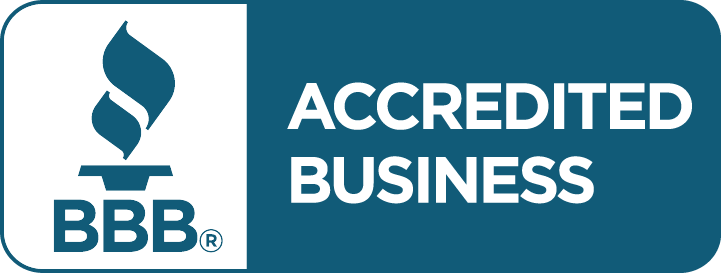Spring is in bloom, which means that Canadians are preparing to file their annual tax returns. Most people are hoping for a refund, however statistics show that about one-third of Canadian taxpayers will not receive one. In many instances, Canadians will owe money, and with a growing number of households holding onto record-level debt, this may put them onto the brink of financial disaster.
At SolveYourDebts.com, spring is our busiest time of year as consumers are still feeling the pinch from their post-holiday bills. Most people are hopeful that they will get a tax refund that will help them pay down their debts, but oftentimes they find themselves in a situation where they owe money, sending their debt repayment plans into a tailspin. Waiting hopefully for your tax return to pay down debts is never a good idea.
Don’t put off the inevitable; the CRA has great powers to make you pay back any owed income tax. They can seize your bank account, garnish your wages and may even register a lien on your home. Therefore it’s extremely important to explore all available options to pay your income tax in full and on time. Avoiding it will simply make it worse.
If you think you might owe money, follow these tips:
- File on time: If you fear that you may have to pay money to the CRA, do not postpone filing your taxes to avoid seeing how much you owe. Whether you have the money or not, file your tax returns by the deadline of April 30, 2024. The late-filing penalty is 5% of your 2023 balance owing, plus an additional 1% for each full month you file after the due date, to a maximum of 12 months.
- Find the money: If you don’t have the money to pay right away, do everything in your power to come up with it. Ask your family and friends, get a loan from a bank or other lenders, use your home equity, sell your junk at a garage sale, or find a part-time job or side hustle. The sooner you can find the money, the lower the penalty will be. The CRA does not allow a large grace period once you find out you owe. If you have a balance owing for the 2023 tax year and are unable to pay it by the April 30 payment due date, the CRA will start charging you compound daily interest as of May 1, 2024. If you regularly owe money for taxes every year, you should aim to start saving money for your tax bill over the next year if possible. Check out some of our tips on how to save if you don’t have any money.
- Pay in instalments: If you simply cannot afford to pay your income tax in full, consider paying it in several instalments spread over some months. The government would rather get their money in instalments than not at all. The CRA offers payment arrangements if you have reasonably tried to get the necessary funds by borrowing or rearranging your financial affairs. Visit the CRA website and contact them to find out how.
- Pay the tax with a fine: If you are unable to find the money within the deadline, then wait until payday or until you can get some money and then make the payment as soon as the money arrives. You will be charged interest on the amount you owe the government and possibly a penalty. Keep in mind that the interest accumulates every month that you don’t pay, so try to pay it off as soon as you can.
If you’re struggling to make ends meet, contact us today for a free budgeting session. We can help you create a manageable budget and provide you with the education needed to stay out of debt.











